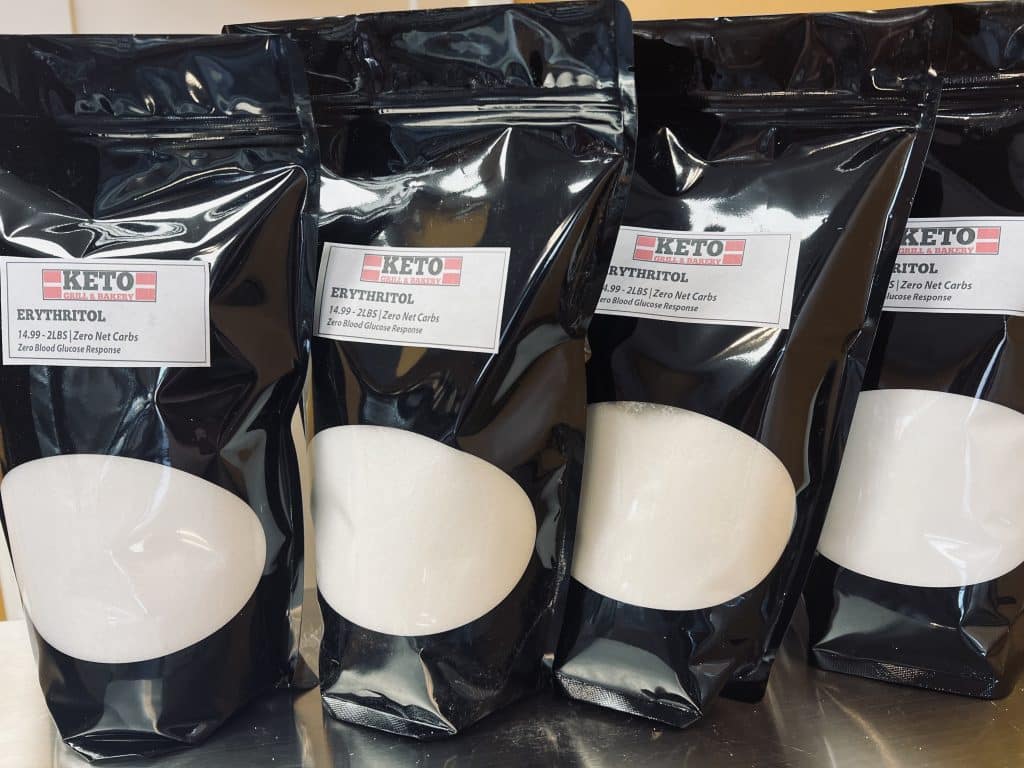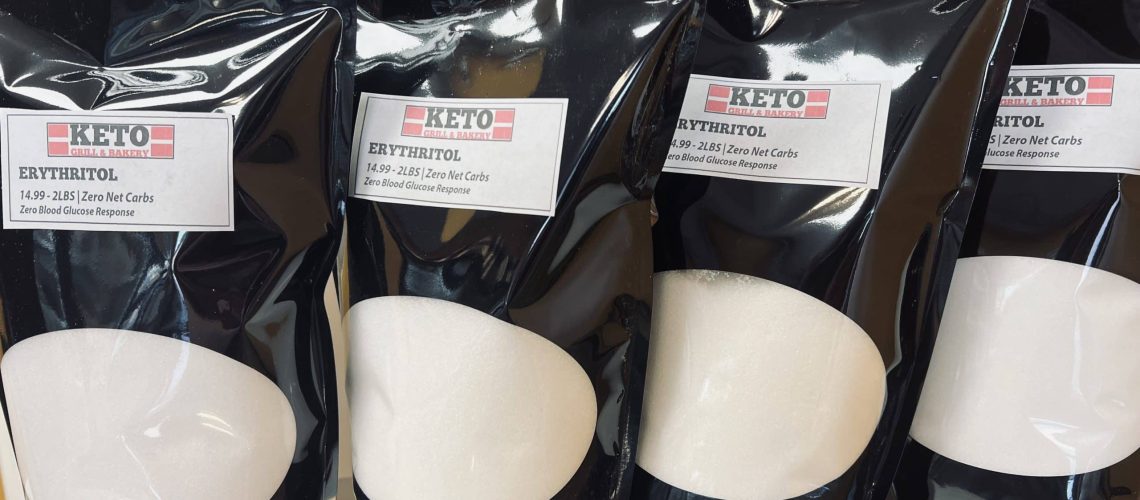
What the study did and did not tell us:
Erythritol and Cardiovascular Risk: A Study Analysis
- The text discusses a study that investigates the effects of erythritol, a sugar substitute, on cardiovascular risk.
- The study utilized cohort studies, which are useful for generating hypotheses but are unable to prove causal relationships.
- The authors of the study acknowledge that their research cannot definitively determine if erythritol consumption increases the risk of heart attack and stroke.
- The subjects of the study had an increased cardiovascular risk, meaning the results do not apply to healthy individuals who consume erythritol.
- Erythritol in the blood can originate from two sources: food or the body’s metabolism.
- Elevated erythritol levels could be an indicator of a dysregulation in the body’s metabolic pathways, possibly due to a diet rich in glucose and fructose or oxidative stress.
- A significant limitation of the study is that it could not determine if the erythritol levels in the blood were influenced by food consumption, as no dietary information was collected from the subjects.
- The authors conducted an “Erythritol intervention study” where subjects consumed a drink sweetened with erythritol. However, this situation does not accurately reflect real-life consumption patterns.
- Long-term studies on erythritol consumption in humans are currently lacking. A pilot study on type 2 diabetics showed potential beneficial effects of erythritol on arterial stiffness and endothelial function.
- In conclusion, the authors of the study emphasize the need for clinical trials to further investigate the effects of erythritol on cardiovascular disease.
- The results of the study do not allow for definitive recommendations on erythritol consumption. Without results from well-designed clinical trials, a definitive recommendation is not currently possible.
